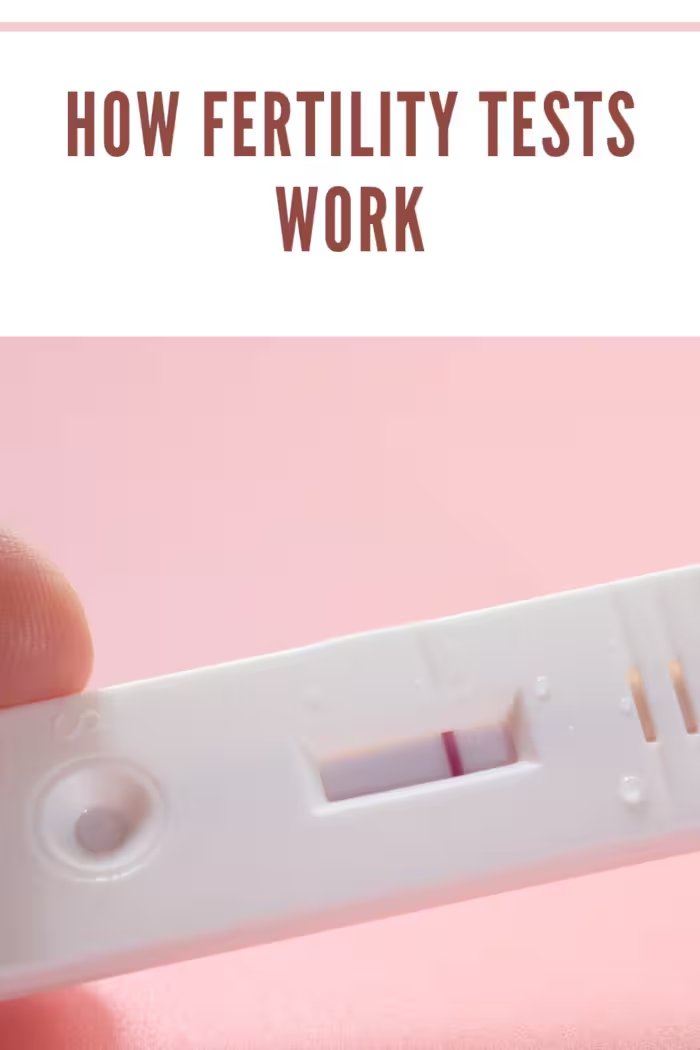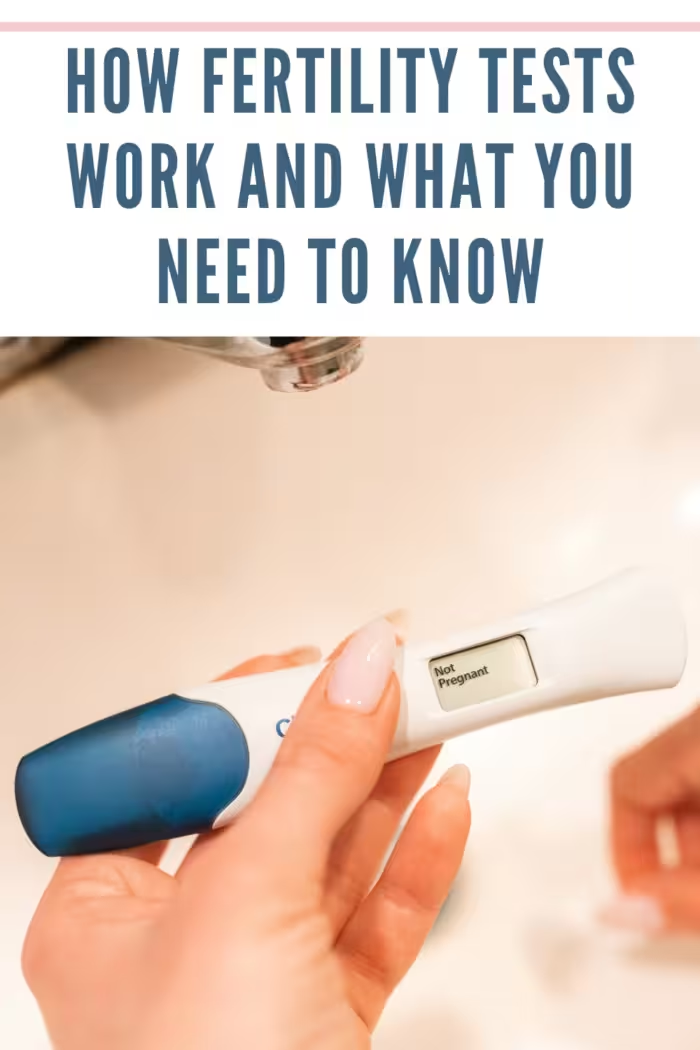Understanding your fertility can be a daunting prospect, but it’s essential if you want to know your current chances of successful conception. Fertility testing can give you and your partner a clearer understanding of any fertility issues you may be having and how to move forward with your family planning.

How Fertility Tests Work and What You Need to Know
What is Infertility?
Difficulties conceiving are not uncommon and will affect up to 1 in 6 couples trying for a family (NIH). Infertility is medically defined as the inability to naturally conceive a child after 12 months of regular, unprotected intercourse. Up until that point, your doctors will most likely encourage you to keep trying, since it can take up to a year for even healthy, young couples to get pregnant. (Baby Center)
There are two types of infertility: primary and secondary.
Primary infertility refers to couples that can’t conceive after a year of consistently trying to get pregnant.
Secondary infertility refers to couples that have successfully gotten pregnant in the past but can’t get pregnant again.

What Causes Infertility?
There are certain lifestyle choices like heavy drinking, smoking, and recreational drugs that can affect one’s fertility (Health). Stress can also play heavily into your chances of successful conception. The stress hormone cortisol can reduce the amount of testosterone in your body, thus reducing the amount of sperm you produce.
Cortisol can also negatively affect women by causing adrenal hormone imbalances, which can make conceiving a child harder.
Your weight can also play a role in getting pregnant. Extremes of weight, such as being underweight or overweight, can drastically reduce your chances of getting pregnant. Women who are obese are also twice as likely to suffer a miscarriage.
There are also fertility disorders like disordered ovulation and low sperm counts that will affect your chances of becoming pregnant (Mayo Clinic).

How Do Fertility Tests Work?
Women are most fertile between the ages of 20 and 24. Once a woman reaches 32, her chances of becoming pregnant start to decline. From age 40, those chances are reduced by half (Very Well Family). It is not the number of eggs that affect a woman’s ability to reproduce, but the quality and age of the eggs that determine whether or not they will produce a viable pregnancy.
For men, sperm quality and count do decrease as they age, but not at the same rate as women. However, low sperm counts can make reproducing difficult and, sometimes, impossible.
Fertility testing is different for men and women. For women, fertility testing can include hormonal testing, X-rays, and imaging tests. For men, fertility testing includes sperm count and sperm analysis, which is done from a provided sample.
If you are found to have low fertility, you can discuss your options with specialists who have a proven track record of helping couples find what is causing their infertility and for helping them start their family through a variety of options.
Having problems conceiving can be a difficult thing for some couples to face, but there are ways to address fertility issues and alternative means of achieving a pregnancy or starting a family.
